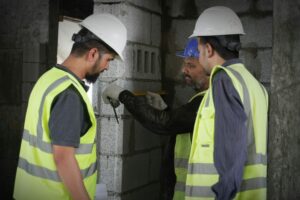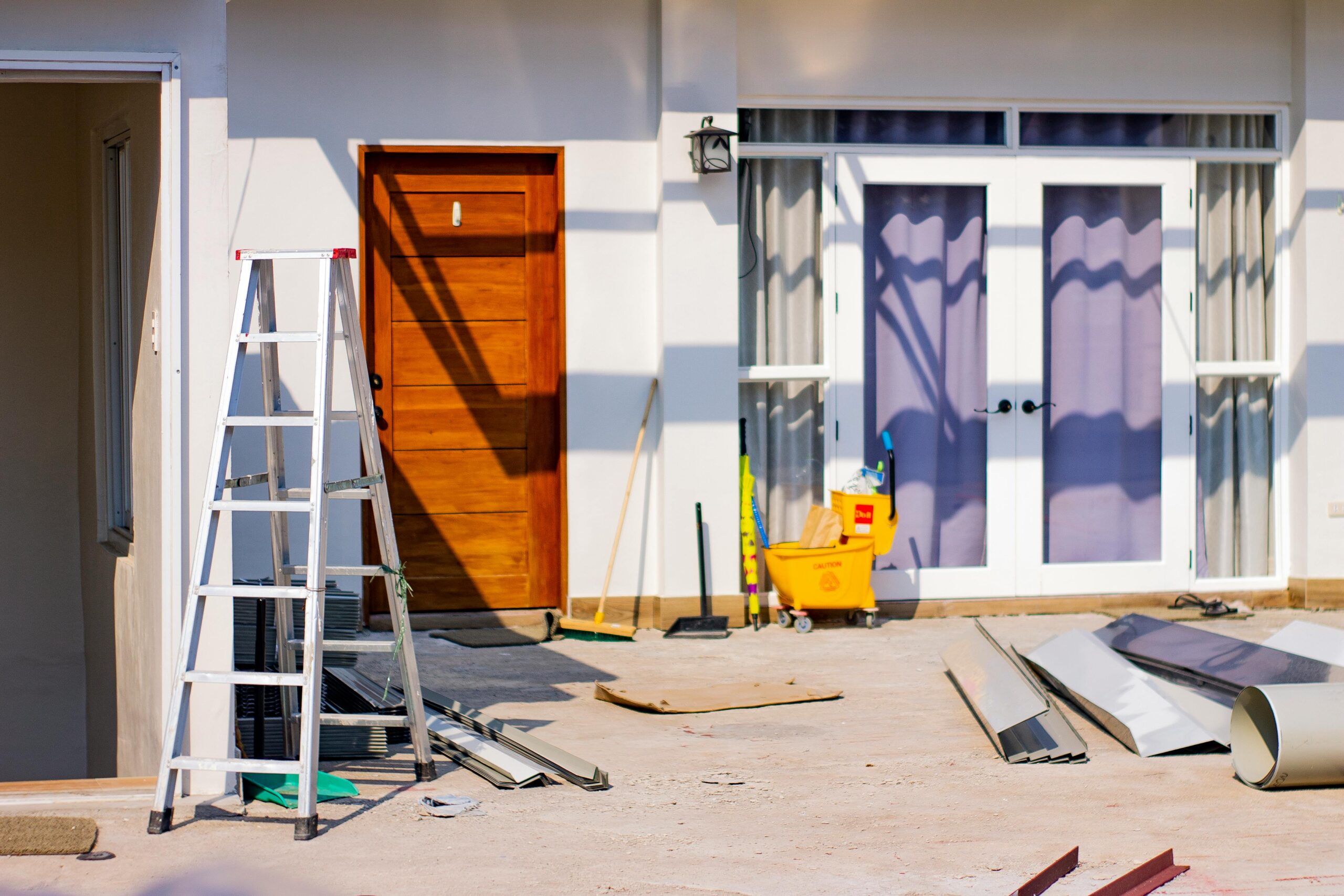
The Importance of Choosing the Right Contractor for Your Home Renovation
Embarking on a home renovation project can be both exciting and daunting. Whether you’re looking to remodel your kitchen, upgrade your bathroom, or add an extension, the success of your project largely depends on choosing the right contractor. A good contractor can transform your vision into reality, while a poor one can lead to delays, unexpected costs, and unsatisfactory results. Here’s why it’s crucial to choose the right contractor for your home renovation and how to go about finding one.
1. Quality of Work
The quality of workmanship is perhaps the most important reason to hire a reputable contractor. A skilled contractor brings expertise, precision, and attention to detail to the job, ensuring that the work is done correctly and to a high standard. Poor workmanship, on the other hand, can lead to problems down the line, including structural issues, faulty installations, and the need for costly repairs.
2. Experience and Knowledge
Experienced contractors have the knowledge and skills necessary to handle a wide range of renovation projects. They understand the complexities involved in different types of renovations and can navigate potential challenges effectively. Their experience also means they are familiar with building codes, regulations, and permits, ensuring that your project complies with all legal requirements.
3. Project Management
Managing a renovation project involves coordinating various tasks, schedules, and subcontractors. A good contractor acts as a project manager, overseeing every aspect of the renovation. They ensure that the project stays on track, within budget, and is completed on time. This level of management can be especially beneficial for homeowners who lack the time or experience to oversee a renovation themselves.
4. Budget Control
A reliable contractor helps you manage your budget effectively. They provide detailed estimates, help you understand the costs involved, and work with you to find cost-effective solutions without compromising quality. An experienced contractor can foresee potential issues and plan for contingencies, reducing the likelihood of unexpected expenses.
5. Access to Resources
Professional contractors have access to a network of suppliers, subcontractors, and other resources. They can source high-quality materials at better prices and recommend reliable subcontractors for specialized tasks such as plumbing, electrical work, or carpentry. This network ensures that your project is completed efficiently and to a high standard.
6. Warranty and Insurance
Reputable contractors offer warranties on their work, giving you peace of mind that any issues that arise post-renovation will be addressed. Additionally, they carry liability insurance and workers’ compensation, protecting you from potential legal and financial liabilities in case of accidents or damages during the renovation process.
7. Communication and Collaboration
Effective communication is key to a successful renovation project. A good contractor listens to your ideas, provides valuable input, and keeps you informed about the project’s progress. They are responsive to your questions and concerns, ensuring that there is a clear understanding and agreement on all aspects of the project. This collaborative approach helps avoid misunderstandings and ensures that the final result meets your expectations.
8. Risk Mitigation
Home renovations come with inherent risks, from structural problems to unforeseen complications. An experienced contractor can identify and mitigate these risks early on. They conduct thorough inspections and assessments before starting the project, anticipate potential issues, and develop strategies to address them. This proactive approach minimizes disruptions and ensures a smoother renovation process.
How to Choose the Right Contractor
Given the importance of choosing the right contractor, here are some steps to help you find a reputable and reliable professional for your home renovation:
1. Research and Referrals
Start by researching contractors in your area. Ask friends, family, and neighbors for referrals, especially if they’ve had similar renovation projects done. Online reviews and ratings on platforms like Google, Yelp, and the Better Business Bureau can also provide insights into a contractor’s reputation and reliability.
2. Check Credentials
Ensure that the contractors you’re considering are licensed and insured. Verify their credentials with local licensing authorities and check for any complaints or disciplinary actions. Membership in professional associations, such as the National Association of Home Builders (NAHB), can also be a sign of a contractor’s commitment to quality and professionalism.
3. Review Portfolios and References
Ask potential contractors for a portfolio of their past work. Reviewing their previous projects can give you an idea of their style, quality, and range of expertise. Additionally, request references from past clients and follow up with them to inquire about their experience, the quality of work, and any issues they encountered.
4. Conduct Interviews
Interview multiple contractors to compare their approach, communication style, and professionalism. Ask about their experience with similar projects, their process, timelines, and how they handle challenges. Pay attention to how they address your questions and concerns, as this can indicate how they will communicate and collaborate during the project.
5. Obtain Detailed Estimates
Request detailed estimates from at least three contractors. The estimates should include a breakdown of costs for materials, labor, permits, and other expenses. Be wary of significantly low or high estimates, as they could indicate potential problems or hidden costs. Use the estimates to compare and evaluate the contractors’ proposals and select the one that best aligns with your budget and project requirements.
6. Review Contracts Carefully
Before signing a contract, review it thoroughly to ensure it includes all agreed-upon details, such as the scope of work, timelines, payment schedule, and warranty information. A well-drafted contract protects both you and the contractor and serves as a reference throughout the project.
7. Trust Your Instincts
Finally, trust your instincts. Choose a contractor who makes you feel comfortable, listens to your ideas, and demonstrates a genuine interest in your project. A positive working relationship is crucial for a successful renovation, so select someone you feel confident collaborating with.
Conclusion
Choosing the right contractor for your home renovation is essential to ensure a successful, stress-free project. By taking the time to research, interview, and evaluate potential contractors, you can find a professional who will deliver high-quality work, manage your project effectively, and help bring your vision to life. Remember, a well-chosen contractor is an investment in the long-term value and enjoyment of your home.















